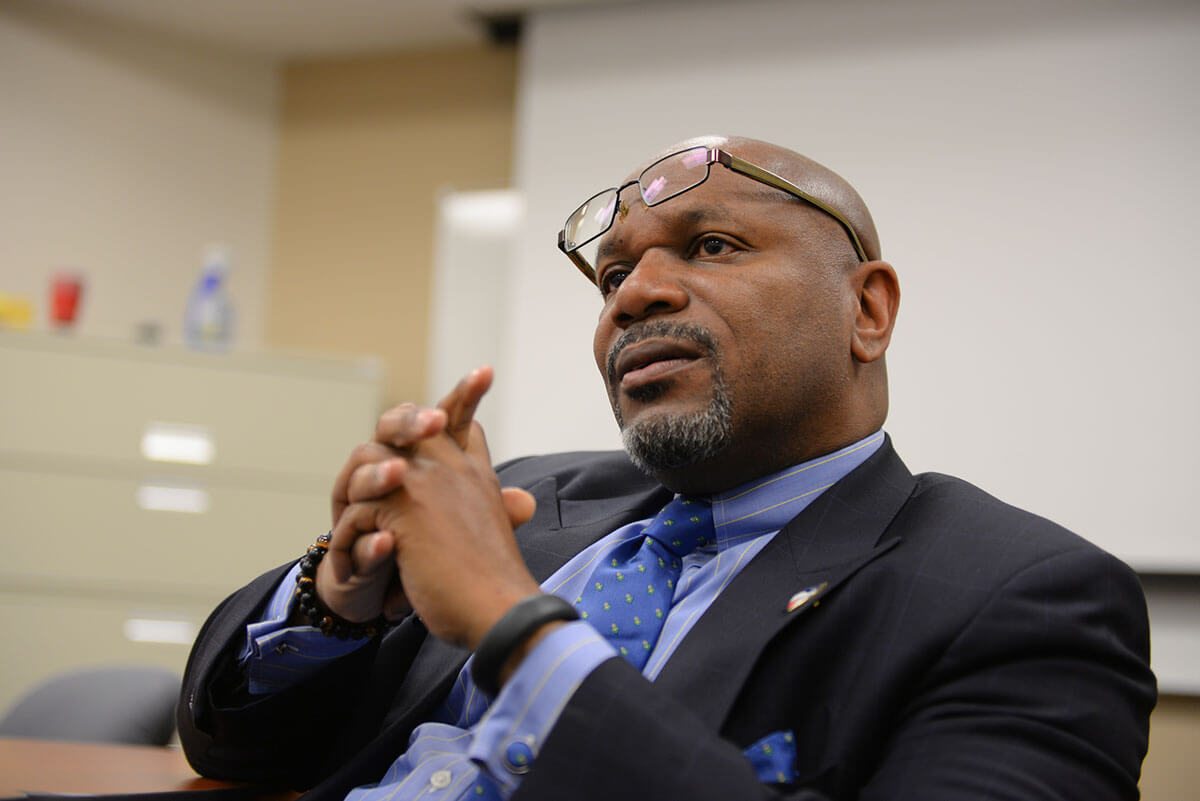Giving all Students a Voice is Key to More Effective Higher Education

Often, it is argued that higher education sometimes fails to achieve its desired objectives because students are not allowed to voice their opinions or given a platform to make decisions. The world is always in a state of flux. Students won’t stay in school forever. Once they are done with their studies, they must move on to the real world and embark on their respective careers. By giving students a voice and an opportunity to play a center-stage role in the learning process, institutions will be adequately preparing them for the positions that they will play later on in the society.
Giving students a voice may entail throwing out traditional methods of learning. For instance, you can streamline the curriculum to address problems and issues that the students experience in their daily lives and their communities. In such a situation, it will be easier to garner the learners’ attention, since learning will be centered on things that are of interest to them. As a result, they are likely to participate in the learning process actively. Educators will be providing them with a platform that they can use to articulate their problems and what they think needs to be done to address such issues.
Why Student Voice is Valuable
At best, the role of students in the learning process is misguided. The education systems that are in use in many parts of the world are institution-focused rather than being student-focused. Students are perhaps the most critical stakeholders in the education system, but institutions don’t seem to understand this. Students dedicate a lot of their time, effort, and money to the pursuit of attaining a college degree.
As primary stakeholders, students ought to be valuable resources in all decision making processes at their institutions. None of the other stakeholders have a better understanding of the school experience than students. They can quickly identify what works and what doesn’t. Because they experience the learning process first-hand, students are the ones who can provide solutions to typical and atypical problems that plague the education sector.
Giving students a voice and a platform to communicate their needs is key to understanding the problems that they face within and outside the learning environment. Students are the ones who fail and drop out of school after becoming disillusioned. Therefore, no one is better suited to propose solutions to fix our broken higher education system.






